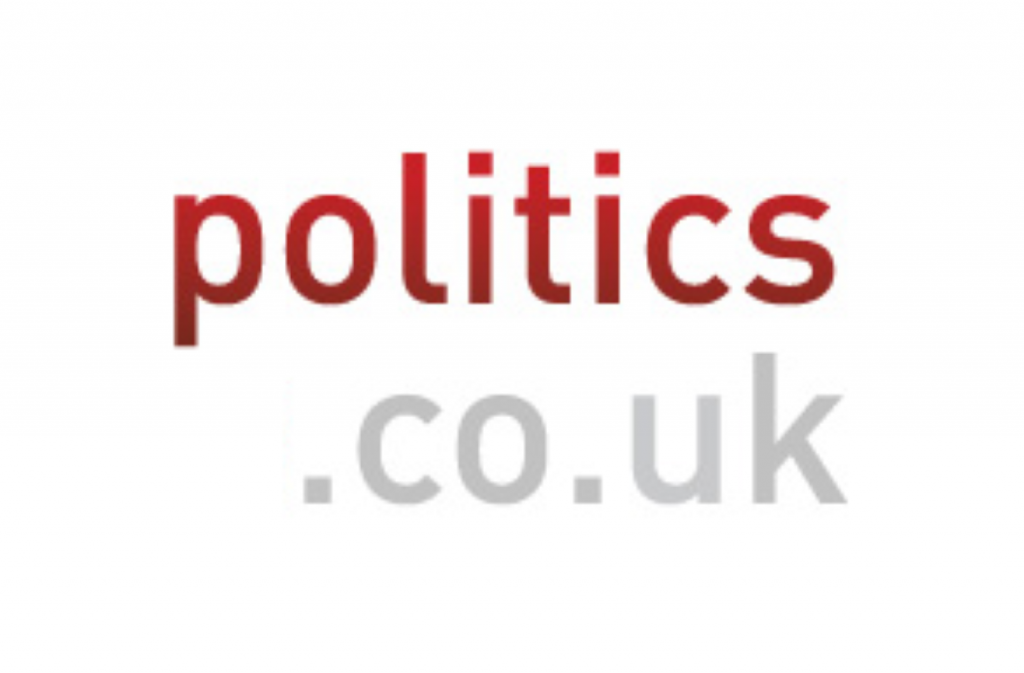Surge in teen drinking prosecutions
Prosecutions against teenagers accused of being drunk and disorderly have risen by 25 per cent under Labour, according to new figures.
The number of young people aged ten to 17 being prosecuted for drinking offences has gone up from 23,795 to 29,643, while in London, the number of prosecutions has doubled.
The Conservatives, who made public the figures after they were revealed in an answer to a parliamentary written question earlier this month, said they showed the “madness” of the government’s plans to liberalise licensing laws.
“Labour’s relaxation of licensing controls has fuelled violence and anti-social behaviour on our streets,” said shadow culture secretary Theresa May.


“30,000 teenagers a year are now facing the shame of criminal convictions for being drunk and disorderly on our streets, despite legally not being allowed to buy alcohol.”
She accused the government of burying the news during the summer, saying it will be of serious concern to parents and residents “on the receiving end of New Labour’s yob culture”.
“At a time when more young people are abusing alcohol, it would be madness to weaken licensing laws even further and permit an explosion in late-night drinking in high streets across the country,” Ms May added.
However, a spokeswoman for the Department for Culture, Media and Sport refuted suggestions that the government was relaxing licensing controls, or that it had ever done so.
The existing laws have been in place since the end of the first world war and new legislation coming into effect in November would in fact tighten them, she said.
“It is true the new laws will provide more freedom for decent law abiding people to enjoy themselves, but they are also tightening up the powers available to local authorities and police to deal with the yobs ruining it for the rest of us,” she told politics.co.uk.
The new laws will put licensing powers in the hands of local authorities instead of magistrates, allowing them to more easily shut down premises serving underage drinkers or serving people who were already drunk.












